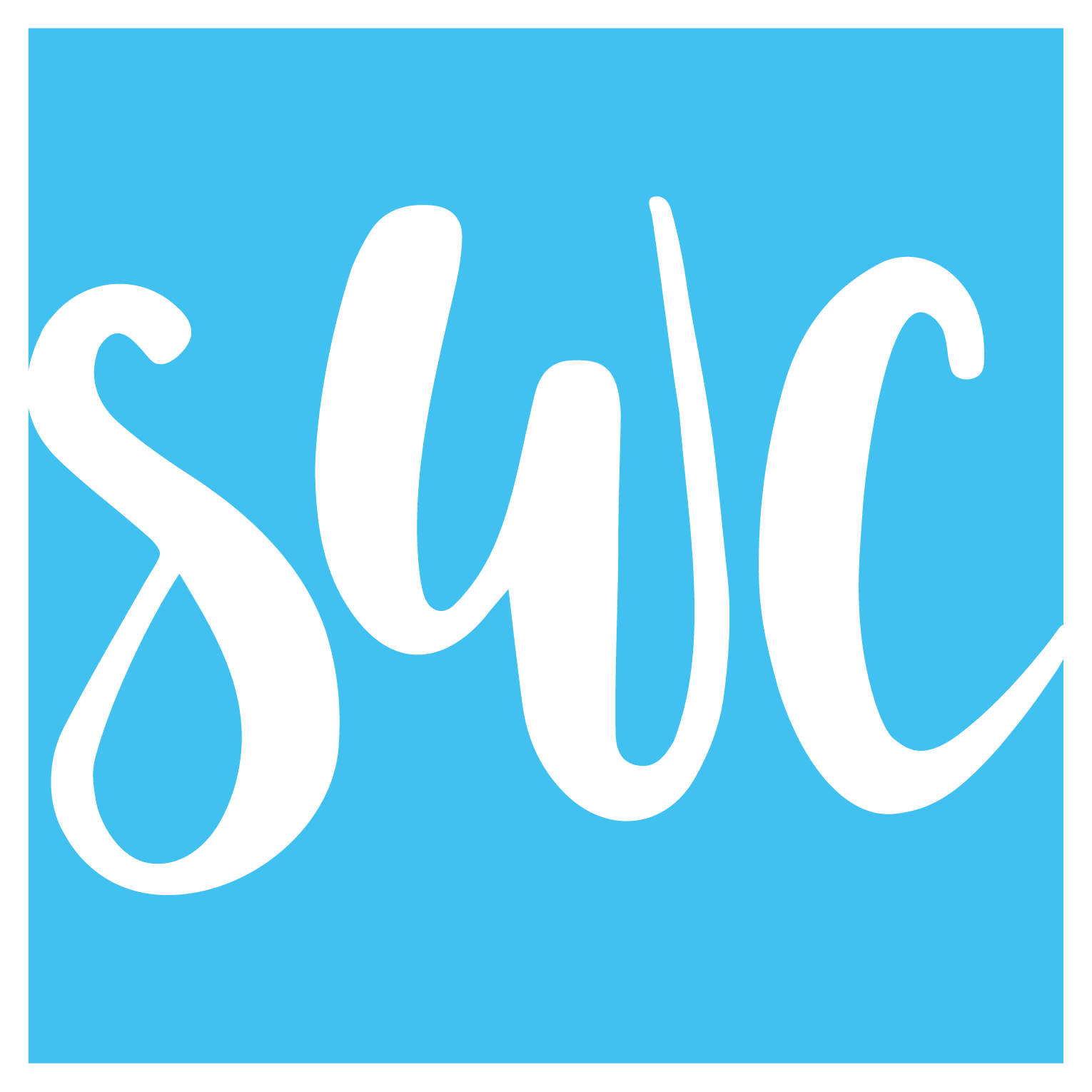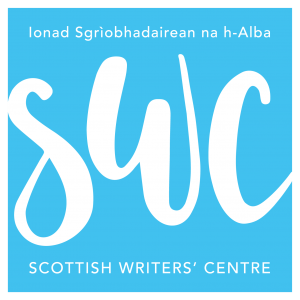
‘My writing career is an accident,’ Gowan tells us. ‘I’m not complaining, but I certainly didn’t set out to have one.’
Gowan is speaking to an audience arranged intimately in a small circle before her, and it’s the honestly of her remarks that draws us in even closer. Her talk was as much about paying rent and clearing tables as it was metaphors and monologues; indeed, as much as she concentrated on the literary forms she made her name with – monologues, theatre, and radio – she spoke just as insightfully on the dull periods, the off days, the surprising formlessness of life, and how unexpectedly sudden opportunity can be when it does show up.
Gowan grew up in a family of writers. Her parents, grandparents, cousins and uncle all wrote, and it was because of this that she decided she wanted nothing to do with it. ‘I was daunted,’ she tells us. ‘All it meant was that I knew crap when I saw it,’ and she thought she often saw it in her own writing, binning almost all of her early work. ‘It’s not shameful to write rubbish, though,’ she tells us.
Instead, Gowan decided she wanted to be an actress. ‘I loved writing and interpreting and acting – I actually wanted to be someone’s muse,’ she confesses to us. Though she is now critical of this from a feminist viewpoint, she lacked the confidence initially to believe she could do things by herself.
Doing things herself came upon her – you guessed it – by accident. She knew lots of playwrights in her student days who were always keen to have people read their works. They were all men, however, and they were all writing the same kind of female characters, and one night a dismayed Gowan couldn’t take it any longer. ‘“Why is it always the same girl they’re writing?” I asked myself. “I keep getting put up for dolly birds, but I’m not a dolly bird.”’
She was challenged to write a female part herself, and, part pride, part spite, and at that time just a tiny part self-belief, she set out to do so. Gowan began attending the women’s writing club at the Traverse Theatre in Edinburgh, and while hugely supportive of the idea now, was initially very skeptical, sitting quiet, never reading, and not keen to participate in the exercises. Eventually her teacher noticed this, and told her to sit and write for fifteen minutes every day. Gowan reluctantly began, and got nothing. By day six, however, an idea came, and a solo female monologue followed very quickly. When she showed it to her teacher, her teacher was stunned – ‘She’d never written for fifteen minutes every day in her life,’ Gowan laughed. ‘She had no idea if it would work. But it did.’ This perhaps turns to the infamous theme when it comes to creative practices: just do something.
‘So much of it is saying yes,’ Gowan tells us. This female monologue was performed, at which point a director asked her to develop a male counterpart for it. Gowan said yes, and the piece ended up being performed at the Glasgay festival. That was the first time Gowan had heard applause meant for her, but, being the writer rather than the performer on stage, nobody in the room knew who she was. ‘It felt amazing,’ she tells us, ‘it changed my whole attitude.’
After that, nothing else happened for a while, partly because of things like needing to pay rent, and partly because she still didn’t put herself out there as a writer. ‘It’s incredibly difficult to say: “I am a writer”,’ she says. She became a life model at the Edinburgh College of Art instead, advocating the mental space it gave her. ‘If you ever need some thinking time, that’s the job for you.’ She would model for up to five hours a day, and became increasingly creative when trying to stave off the boredom.
‘I decided I would write a play in my head,’ she tells us. This initial idea eventually developed into a play about a life modeling class, with all female speakers, and two male bodies on stage who never spoke. After a long gestation and development, the work emerged: called Nude, Untitled after a naming debacle involving the release of ‘The Mona Lisa Smile’, Gowan’s original title for the work, and her discussion of it led her onto an interesting point regarding the intersection of originality and creativity:
‘Every idea is already out there in the universe,’ she tells us. ‘But you cannot write the same thing as someone else, because experiences are different, and imaginations are different. Everything has been written, but it hasn’t been written by you.’
It took years before this play, having lain dormant for some time, was picked up for a radio adaptation, quite by chance. Gowan had a similar experience some years later when her graphic novel Skint was commissioned during a conversation with someone in a bathroom at a conference.

It is this kind of openness, founded on a basis of self-believe and a willingness to say yes – even if it means a steep learning curve later – that got Gowan to the point she’s at today. This openness, this embracing of chance, was the main thing she communicated to the audience.
‘My writing career has been a series of fortunate events. I don’t know how other people do it, and I don’t think you should interfere with how people write. I literally hear voices. I write by stealth, I hijack myself, I ambush myself in the garden.’
‘What has worked for me, honestly, is spraffing shite in bars. What matters most is being enthusiastic, talking about it, getting it out there. One of the things I love most about being a writer is that you don’t always have to be present to make connections with people. My writing has been out there, and I’ve been making fish fingers. My writing is like an ambassador, representing me, chatting to people for me.’
‘Be intellectually curious. Be verbally promiscuous. You lose nothing from sharing ideas – you lose nothing, and you have everything to gain.’



